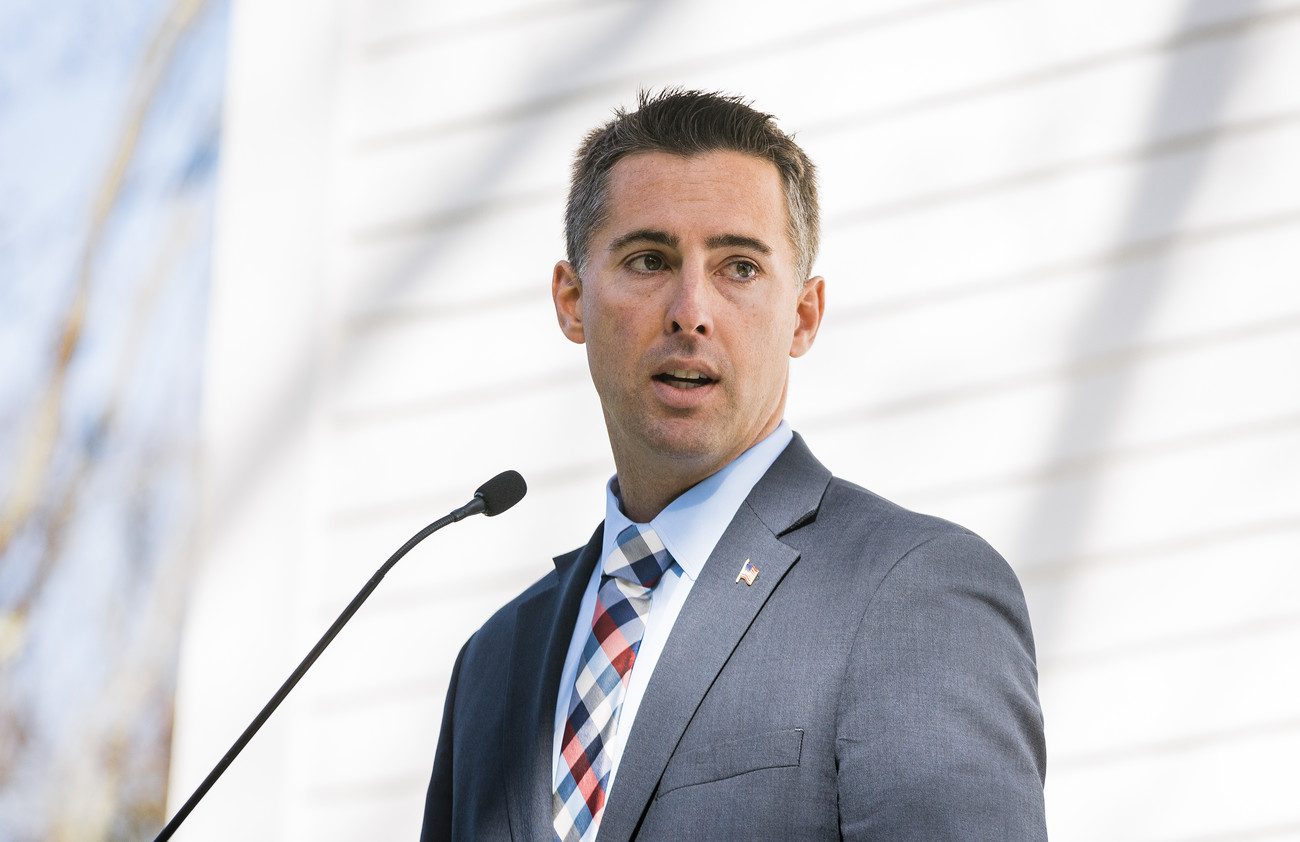BOSTON — The state Senate unanimously voted this week to approve legislation that would further prioritize mental-health care reform in Massachusetts.
State Sen. Brendan Crighton (D-Lynn) was among the legislative body that voted to approve the Mental Health ABC Act 2.0: Addressing Barriers to Care, which aims to put systems in place that would ensure people get the mental-health care they need when they need it, Crighton’s office said.
The reforms proposed by the bill would ensure equitable access to mental-health care and remove barriers to care by supporting the behavioral-health workforce. The legislation would also provide the state with better tools to implement and enforce parity laws — which require that insurance for mental-health care be no more restrictive than coverage for other health conditions — by creating a clear structure for the Division of Insurance to receive, investigate, and resolve parity complaints in a timely manner.
The legislation, which Crighton’s office said affirms the Senate’s belief that mental health is as important as physical health, aims to expand access to quality care by implementing the reforms it proposes.
“As we emerge from the pandemic, it is more important than ever that all Massachusetts residents have easy and equitable access to care for mental health,” said Crighton. “The Mental Health ABC Act 2.0 will improve accessibility and make care more equitable by giving individuals more control over decisions that affect them, and by providing behavioral-care workers with the tools and support needed to allow them to focus on their patients.
“I am proud that the Senate voted unanimously to pass this legislation and grateful to Senate President Karen Spilka for continuing to prioritize mental-health policy.”
The final Senate bill includes two amendments introduced by Crighton, which were both passed by the Senate. His office said both amendments will help to ensure access to quality mental-health care.
The first would help to ensure a continued focus on overcoming barriers to accessing mental-health care after the proposed improvements are made to the state’s healthcare system. To that end, the amendment calls for the creation of a diverse group of stakeholders — government leaders, patients, providers, and insurance companies — who will study and make recommendations on how to address barriers to accessing high-quality mental-health care. The group will focus on overcoming barriers so that more mental-health care providers accept public and private health insurance.
The second amendment helps to ensure that people with mental-health or substance-use-disorder diagnoses have meaningful input in decisions that directly impact the care and services they receive. This adds two more members to the advisory group that will inform the creation of this form: one with lived experience of mental-health or substance-use treatment, and the other a family member of such an individual.
This bill also helps to support behavioral-health professionals by creating an interim license level for licensed mental-health counselors (LMHCs) so that they can be reimbursed by insurance for their services and be eligible for state- and federal-grant and loan-forgiveness programs; this, Crighton’s office said, will further increase the number of licensed providers who are able to serve patients.
The final bill also establishes a suicide-postvention task force dedicated to addressing the after-effects of a confirmed suicide and requires the state Department of Public Health (DPH) to collect certain relevant data.
It also takes steps to address the emergency-department boarding crisis that is ongoing across the commonwealth; waiting times for admission to an inpatient psychiatric unit after going to an emergency department can extend from days into months, leaving the person in crisis stuck in an emergency room while they wait, with little to no psychiatric care. The legislation seeks to address this issue by using American Rescue Plan Act (ARPA) funds to create an online portal for healthcare providers to access real-time data and search for open beds for their patients.
“The need and demand for mental-health services has soared as a result of the pandemic, and anyone who has tried to find help for mental-health concerns will vouch for the many barriers that still exist,” said Danna E. Mauch, president, and CEO of the Massachusetts Association for Mental Health (MAMH). “This bill tackles some of our most difficult challenges.
“These challenges include insurance-company policies that make it hard to pay for care, a lack of providers across the commonwealth but especially in communities of color, and care that too often is fragmented and siloed. The bill’s provisions provide creative, practical steps toward addressing these issues and it looks ahead to creation of a comprehensive system of effective crisis services.”
This legislation comes at a time when the state Senate is making transformative investments in mental and behavioral health, including:
— $400 million in ARPA funds to transform the behavioral-health sector, with $122 million dedicated to recruiting and retaining nearly 2,000 behavioral professionals.
— $10 million annually for the newly-created Behavioral Health Outreach, Access and Support Trust Fund, which funded the highly successful More to the Story public-awareness campaign.
— $10 million for the rapid creation of new inpatient mental-health acute care beds, particularly new beds for children, adolescents, and underserved communities.
— $15 million for Programs of Assertive Community Treatment (PACT) for children who exhibit symptoms of serious emotional disturbance.
— $3 million for a loan-repayment assistance program to recruit and retain child and adolescent psychiatrists at community mental-health and health centers.
The legislation now heads to the House of Representatives for their consideration.

